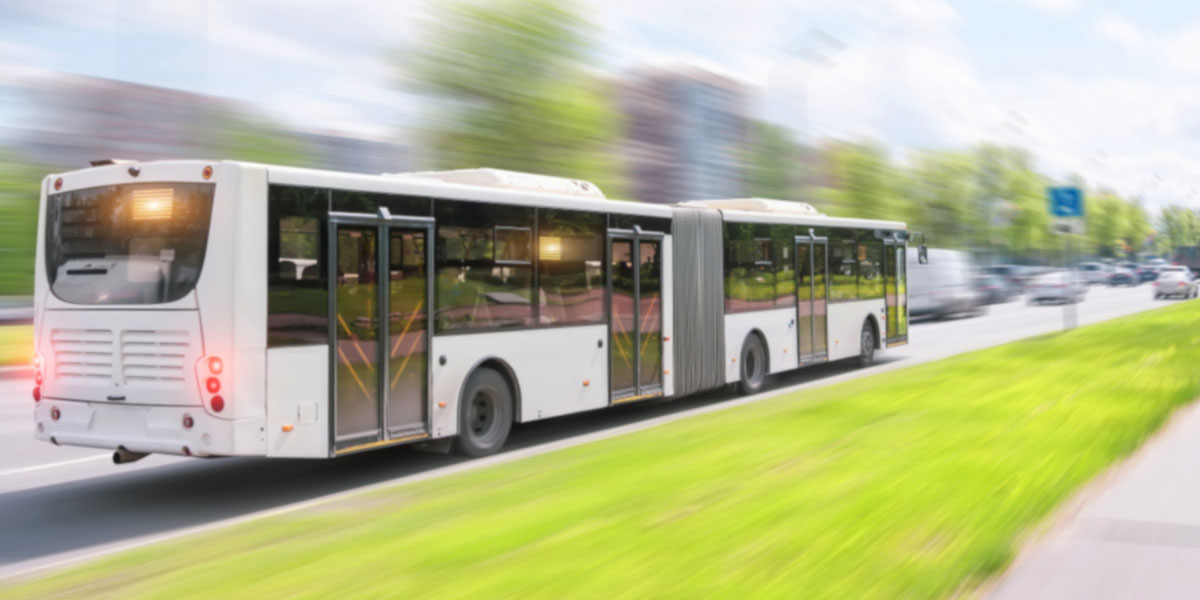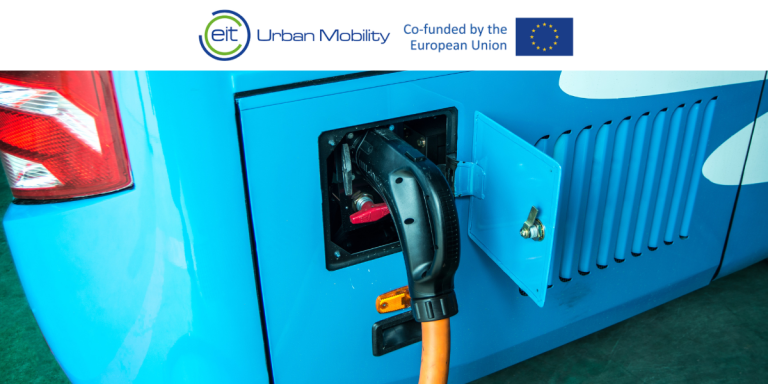… for public transport networks. The conflict in Ukraine is driving up energy prices. This price hike is upsetting the economic equilibrium of public service concession contracts. To bring down costs, public transport companies can implement eco-driving as a strategy. ACTIA, the provider of the eco-driving solution myACTIAfleet is already established in many cities within the French public transport networks.
Diesel, gas, electricity… the public transport sector in France is being hit hard by soaring energy prices.
The price of gas—which is increasingly used—has tripled, the price of diesel has almost doubled, and there are fears of a record rise in the price of electricity in the future.
How does the price of fuel affect public transport policy?
Faced with financial pressures, urban transport organising authorities may have to make choices and decide to reduce transport provision by:
- Removing the ends of routes and small local services
- Reducing time slots and weekend offers
- Reducing some special services, such as transport on demand, etc.
How can eco-driving reduce fuel costs?
On-board telematics units can accurately measure the various operating parameters of a vehicle during operation. These parameters do not only depend on the vehicle’s engine model or the road infrastructure. Driving style has a significant impact on fuel consumption and safety. The difference in fuel consumption between two drivers driving the same vehicle, on the same route in the same conditions can be really significant.
The principle of eco-driving
Without data analysis, it is difficult to improve driver behaviour.
Eco-driving provides information on the way people drive and driver behaviour behind the wheel. The system also reveals possible areas for improvement that have a direct impact on consumption or safety. The data guides the operator in training its drivers to increase efficiency, safety, and passenger comfort.
In practical terms, eco-driving affects:
– Driving efficiency:
- By reducing fuel/energy costs
– Safety on board and on the road by:
- Reducing braking and sharp turns
Improving driving style - Reducing the accident rate.
– Passenger comfort for:
- Improving customer satisfaction
– The environment
- Monitoring vehicle CO2 emissions ,
- Minimising the carbon footprint
Training public transport drivers to drive in a more eco-friendly manner
Good driving habits can translate to savings at the pump. With connectivity, driving style is analysed by eco-driving trainers, either afterwards or in real time during training sessions. They can then recommend best practices to drivers on an individual basis.
Drivers play an important role in an eco-driving approach. It is therefore essential to involve employees in this process and to obtain their commitment to the principles of eco-driving. In making them aware of these issues, the manager promotes enhanced safety at the wheel, with the added benefit of a lower risk of accidents.
Some best practices:
- Reduce speed,
- Reduce idle times when starting service,
- Adopt a smooth driving style and avoid sudden or cold starts,
- Avoid abrupt gear changes and use the right gear,
- Anticipate slow-downs by making greater use of engine braking, etc,
- Use engine braking for electrical regeneration.
ACTIA’s eco-driving solution has already won over several public transport operators, as it has been deployed in Paris, Marseille, Bordeaux and Toulouse, for example, and has led to substantial savings in fuel costs.
Eco-driving, where economical driving and ecological driving overlap, is suitable for all types of vehicles. It is based on principles that are easy to implement. Adopting the right actions will help you consume less and be more environmentally friendly while improving safety behind the wheel.
Furthermore, while eco-driving offers short-term benefits as regards the energy bill, it also brings longer-term advantages, such as extending the life of the vehicle by preserving certain parts that come under a lot of use (brake pads, tyres, etc.).
Visit public transport website Contact our Public Transport experts





